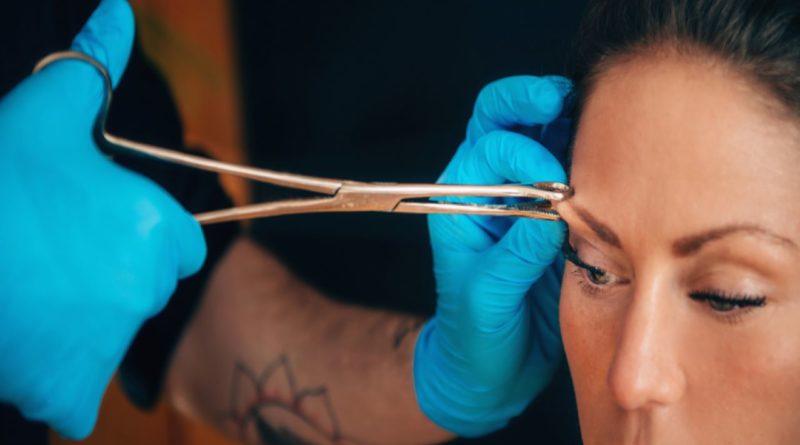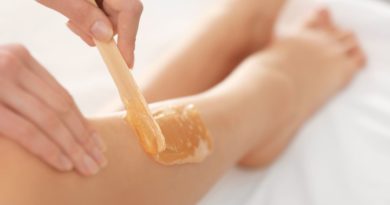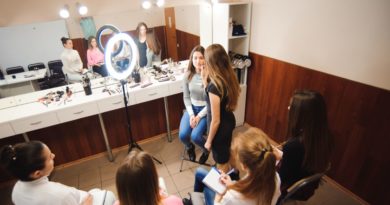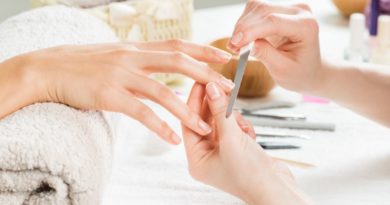Body Piercing Courses: Become a Professional Body Piercer
Considering a Body Piercing Course?
If you’re curious to explore the topic of body modification, the easiest way to do so is by doing a body piercing course. A body piercing course is the best avenue to kickstart your career as a body piercer. There are lots of body piercing courses currently available and they are available in full-time, part-time and evening class options, seamlessly fitting into busy schedules.
About Body Piercing
Body piercing is exactly what it sounds like, it is a puncture or piercing made in the body by a needle. Once that is done, a piece of jewellery is added in the hole. Commonly pierced body parts are the belly button, nose, ears and oral piercings which include cheek, lip and tongue. When a piercing has healed, some people will make the chose to expand the size of the hole to wear certain kinds of jewellery, including tunnels and plugs. Stretching should be done in small increments to lower the change of damage to the scarring and the piercing. Similarly, to tattoos, body piercing has an extensive history across both modern and ancient cultures.
Although it is not uncommon for young people to decide they want their ears pierced once or multiple times, other young people decide to get less convention piercings on their tongues, noses, belly buttons or even more intimate parts of the body. Any body part can be pierced where a flap of skin can be punctured with a hole and fitted with a post, hoop, rod or other piece of jewellery. Many piercings are created when an electric-powered gun quickly punctures the skin and a piece of jewellery is simultaneously inserted into the hole created. Unlike tattoos, body piercing is normally not permanent and the piercings can be taken out if people decide later on in life that they no longer want them.
Body Piercing Risks
There are a number of risks of body piercing and it is essential to be aware of these before entering the course. The most serious risks are allergic reactions, infections, bleeding, and damage to nerves or teeth. Infections may be caused by HIV, hepatitis, tetanus, yeast, and bacteria.
Course Content
You will learn about infection control, hygiene and cross contamination and about needle sizes. Students will also explore needle choice and the reasons why, body piercing placement and jewellery sizing. They will also learn about jewellery choice and placement, consent forms and how to deal with nervous clients. The course will educate you on how to deal with problematic piercings, the correct aftercare and how to be confident doing body piercings. Some courses will also provide you with a body piercing kit for you to use to practice in the classes and on other people. The kit will generally include needles, some jewellery, a pliers, gloves, something to sanitise the area with and the appropriate aftercare.
If you’re serious about doing a body piercing course, check out courses near you in the Nightcourses.co.uk national course finder.




